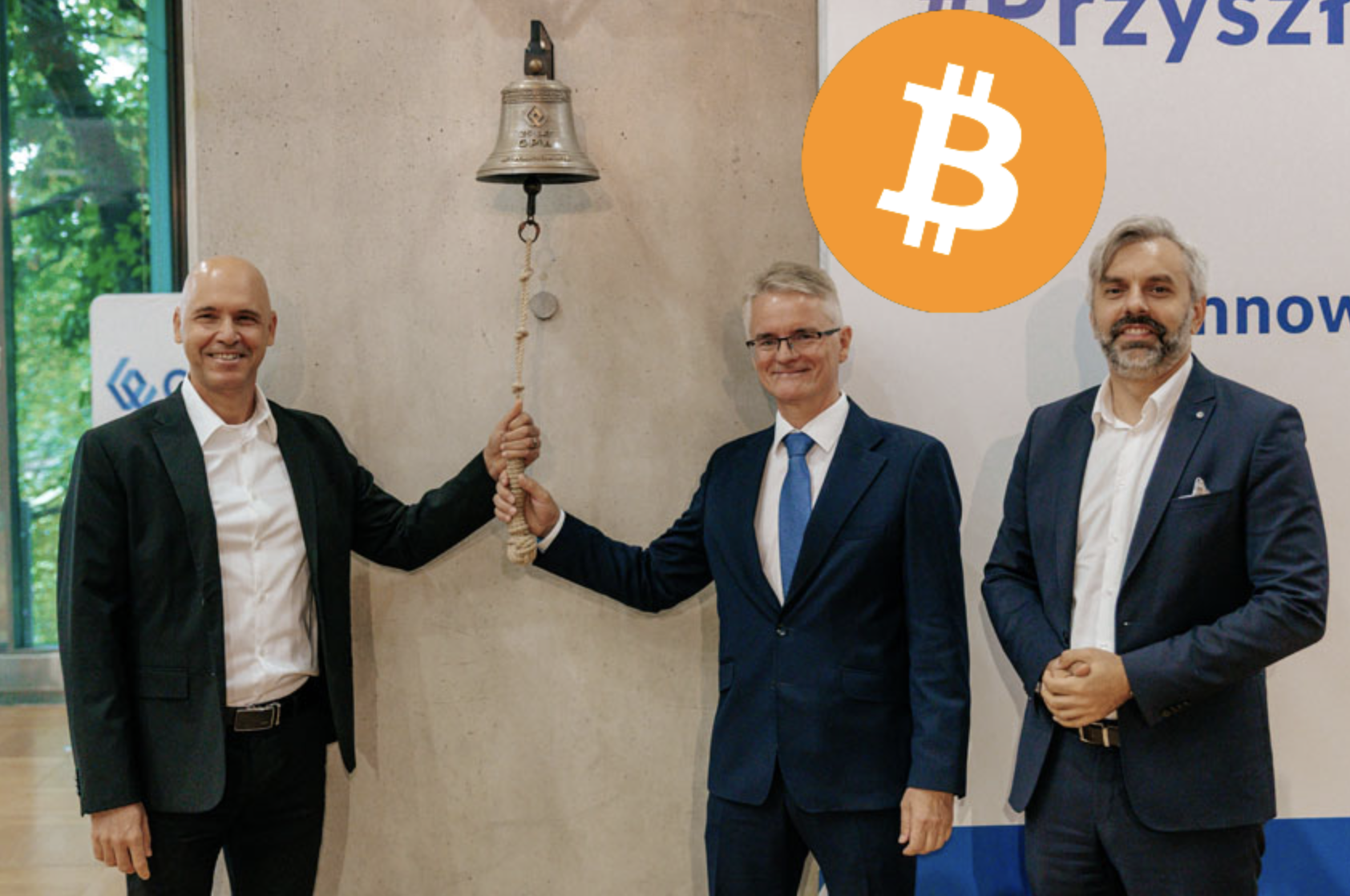Cryptocurrency, or crypto for short is a type of digital asset that utilizes cryptography to secure and verify transactions as well as control the creation of new units. Unlike traditional currencies which are regulated by governments or financial institutions; this decentralized network called blockchain allows anyone access without needing permission from any authority figure. This makes it an attractive option for those who value privacy above all else when conducting their finances online.
Cryptocurrency can be intimidating for beginners but this guide is here to help. We’ll break down everything you need to know about buying and selling digital assets while also explaining risks versus rewards. Choosing the right wallet will become less daunting as we decode common jargon along the way. With our expertise at hand you’ll soon feel confident in navigating through cryptosphere!
The Importance of Crypto
Cryptocurrency has gained significant traction in recent times due to its potential for high returns and capacity to operate independently from traditional banking systems. While some individuals view it as a risky investment others see it as an alternative form of money that provides greater privacy and security than conventional currency.
Bitcoin, developed by an anonymous person under the alias Satoshi Nakamoto in 2009 has become one of the most famous examples of crypto. Since then thousands more types have emerged with distinctive features and advantages that set them apart from each other. These cryptos continue to evolve as new technologies are introduced into this dynamic field. The possibilities for innovation within this space remain endless!
Buying and Selling Digital Assets – The Basics
The process of buying and selling cryptocurrency may seem daunting at first glance but with some knowledge it becomes quite straightforward. The initial step is to establish a digital wallet that will serve as your account for storing crypto assets while also enabling transactions. There are various types available including desktop, mobile or online options – choose one based on personal preference. Once you have set up this crucial component successfully; the rest should be smooth sailing!
After acquiring a wallet, you can begin purchasing cryptocurrency by exchanging it for other currencies such as US dollars or euros. This process is commonly referred to as trading and there are several platforms available that enable this action like Coinbase, Binance, and Kraken among others. These digital marketplaces provide users with an opportunity to buy and sell different types of crypto assets at competitive rates while ensuring security measures are in place against fraudulent activities.
Crypto Investing – Risks and Rewards
Cryptocurrency presents both opportunities and challenges. Its decentralized nature makes it susceptible to volatility and manipulation, which can be detrimental for investors who lack experience in this space. Additionally as a relatively new technology there may exist unforeseen risks that could impact its future viability. Those considering crypto should carefully evaluate these factors before making any decisions about their portfolio allocation strategy.
Investing in cryptocurrencies can be a risky endeavor but with careful consideration and thorough research you may find that it offers high returns while also diversifying your portfolio beyond traditional stocks and bonds. Take caution when investing as this market is volatile and unpredictable.
Choosing the Best Wallet for Your Needs
The right wallet is crucial for safeguarding your crypto while ensuring easy access. To make an informed decision, consider factors such as security features ease of use across various devices compatibility and reliability. These elements will help you select a dependable wallet that meets all your needs.

Desktop wallets offer a higher level of security than mobile or online alternatives. However they require installation on your computer which may not be ideal for those who frequently use multiple devices. Mobile wallets provide convenience but sacrifice some degree of safety while online options allow access across various gadgets yet come with greater risk due to their reliance on third party servers. Ultimately the choice between these three types depends largely upon individual preferences and priorities when it comes to managing cryptocurrency assets securely.
Understanding Cryptocurrency Jargon – A Glossary of Common Terms
The crypto industry is no different from others when it comes to technical terms and acronyms. Here are some examples:
Altcoins: Alternative cryptocurrencies to Bitcoin, such as Ethereum, Litecoin, and Dogecoin.
Blockchain is a distributed ledger system that records transactions and creates new units of crypto. This technology has become increasingly popular due to its ability to provide secure, transparent record keeping capabilities for various industries. With blockchains decentralized nature it offers an alternative solution from traditional centralized systems while maintaining trustworthiness in the process.
Traditional currencies such as dollars and euros are known as fiat currency. These can be exchanged for crypto but they have no intrinsic value themselves.
To validate transactions and add them to the blockchain miners must solve mathematical problems at a rapid pace known as hash rate. This process is crucial for maintaining security on any given cryptocurrency network. The speedier this task can be accomplished, the more securely it will function overall. Therefore its important that those involved in crypto understand how hashing works and what impacts its efficiency may have on their investments or business dealings within these digital economies.
Mining is the process of validating transactions and adding them to the blockchain. This involves solving complex math problems that require immense computational power. The complexity involved in this process ensures security for all participants on the network.
Smart contracts are self executing agreements that have the terms of buyer and seller written directly into code. This innovative technology eliminates intermediaries and streamlines transactions by automating compliance checks, payment processing, and other critical functions. With smart contracts in place businesses can enjoy greater transparency, efficiency, and security than ever before.
In summary, if you’re interested in exploring cryptocurrency as an investment opportunity or simply want to expand your knowledge about this emerging technology knowing the basics is critical. By understanding what crypto entails how one can buy and sell it securely while being aware of potential risks involved enables informed decision making regarding whether its suitable for ones needs.






